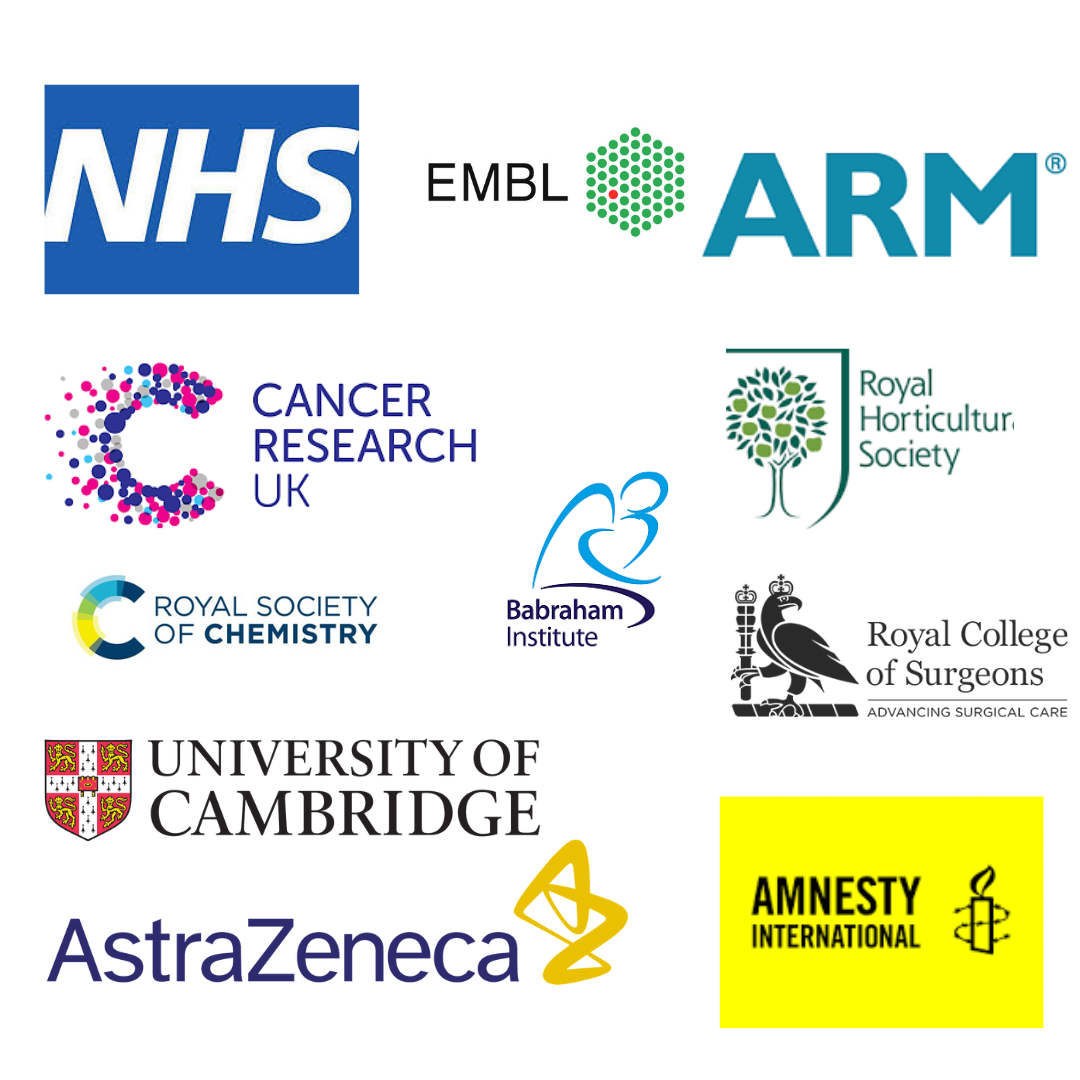In 2024 we saw two main changes;
Data from 5,085 participants, national and international clients.
A 22% increase in requests from workforces for help managing difficult thoughts and anxiety.
A 20% increase in requests for help with relationships - both in hybrid teams and personal relationships.
While, due to overwhelming workloads, focus and time management remain a top priority for many staff.
Scroll to the bottom of this page to see the most important and current wellbeing data from national surveys. Which trends are you seeing in your workforce?
Get in touch here
Most Popular Aims of Attendees
Participants by Sector
Some of our Clients:
Mental Wellbeing Stats - Current Impact on Workforce
Poor mental health accounts for more than half of all work-related illnesses. Around 51% of long-term sick leave is due to stress, depression, or anxiety
Employees are reporting increased workplace intensity and more significant pressure at work
55% of workers feel that work is getting more intense and demanding
61% of workers say they feel exhausted at the end of most working days
70% of managers cited organisational barriers to supporting staff wellbeing, including company policy, heavy workload, unsupportive workplace culture, and not being equipped with the right skills
Workplace Wellbeing & Leadership
One in five UK workers reported feeling unable to manage stress and pressure in the workplace
A third of managers feel out of their depth supporting their team with mental health concerns
9% of professionals are experiencing thoughts of suicide or self-harm
A third of managers feel out of their depth supporting their team with mental health concerns
Sources
Personnel Today: Burnout, stress and mental ill health running rampant in UK, 2023
HSE: Work-related stress, anxiety or depression statistics in Great Britain, 2022
TUC: Work Intensification, 2023
Mental Health UK: Burnout, 2023
MHFA England: Survey shows managers are ‘out of their depth’ on mental health, 2023
Champion Health: The Workplace Health Report, 2023

